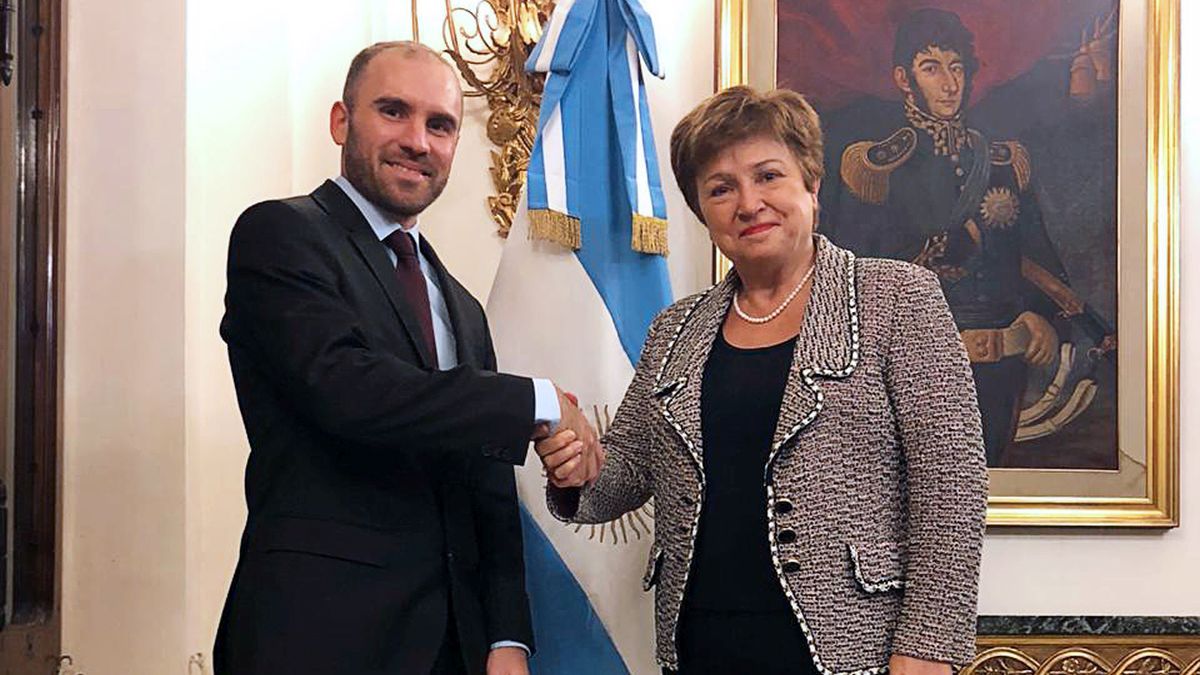Faced with this, in the Palacio de Hacienda they try to speed up the task. The Fiscal Balance Index of the Center for Studies of the New Economy (CENE) of the University of Belgrano, which reflects the relationship between income and total expenses, had a recovery of 11.9% in last February compared to the previous month and 7 .6% in relation to the level registered in the same month last year. “The progress compared to the previous year was based on a more accelerated growth in revenues, of 61.5%, in relation to expenses, of 50.1%”, indicates the CENE in its latest report. It estimates that in February there were total revenues of $846,035 million against expenses of $882,929 million.
Much of the improvement of the accounts This is due at this start of the year to the sustained increase in tax collection, which in relative terms remains above 60% nominal, this in turn related to the greater economic activity. There was a higher collection of VAT, the tax on Bank Debits and Credits and Import Duties. On the expenses side, remunerations registered a variation of 74.1%, as a result of the increases granted in accordance with the current salary parity, which was compensated with a Less-than-inflation increase in goods and services. “This is one of the few items in which the adjustment was made that made it possible for expenses to grow less than income”said the economist Victor Beker, director of the CENE.
It is expected that for the first revision of the agreement with the IMF, which will be in May, technicians who come to Buenos Aires put the magnifying glass on this aspect of the program because given the almost absence of structural reforms, what remains is the fiscal aspect and its monetary financing. In this regard, Beker believed that “we will pass the first review without major problems.”
The economist considered that “reading between the lines”, the agreement recently approved by the IMF is “rather monetary than fiscal”. In fact, the agreement provides for a reduction in the deficit this year of half a point of GDP, from 3% in 2021 to 2.5% in 2022, combined with a fall in monetary financing from 3.5% to 1% in the same period. . In other words, a large part of the agency’s approval will depend on Guzmán’s ability to capture enough pesos on the market to finance the accounts.
On your side, towers held that “It is difficult for the Fund to want to ‘recalibrate’ Argentina’s goals”. “For the IMF, this means adapting the measures that the government has promised to take in order to reach the goals within the established time frames,” he explained. In this regard, the economist estimates that the staff doubts that Alberto Fernández can deploy all the measures that he promised to take.
“If the government had the capacity to toughen the measures, I think that will not be enough.. It will also be necessary to ‘recalibrate’ the terms originally planned to reach the monetary, fiscal and reserve accumulation goals. will be a difficult negotiation and the will of the Fund’s board of directors to make the terms more flexible is affected by the lack of confidence generated by the fracture of the ruling coalition”, explained the former Argentine representative before the credit institution.
Source: Ambito
David William is a talented author who has made a name for himself in the world of writing. He is a professional author who writes on a wide range of topics, from general interest to opinion news. David is currently working as a writer at 24 hours worlds where he brings his unique perspective and in-depth research to his articles, making them both informative and engaging.




